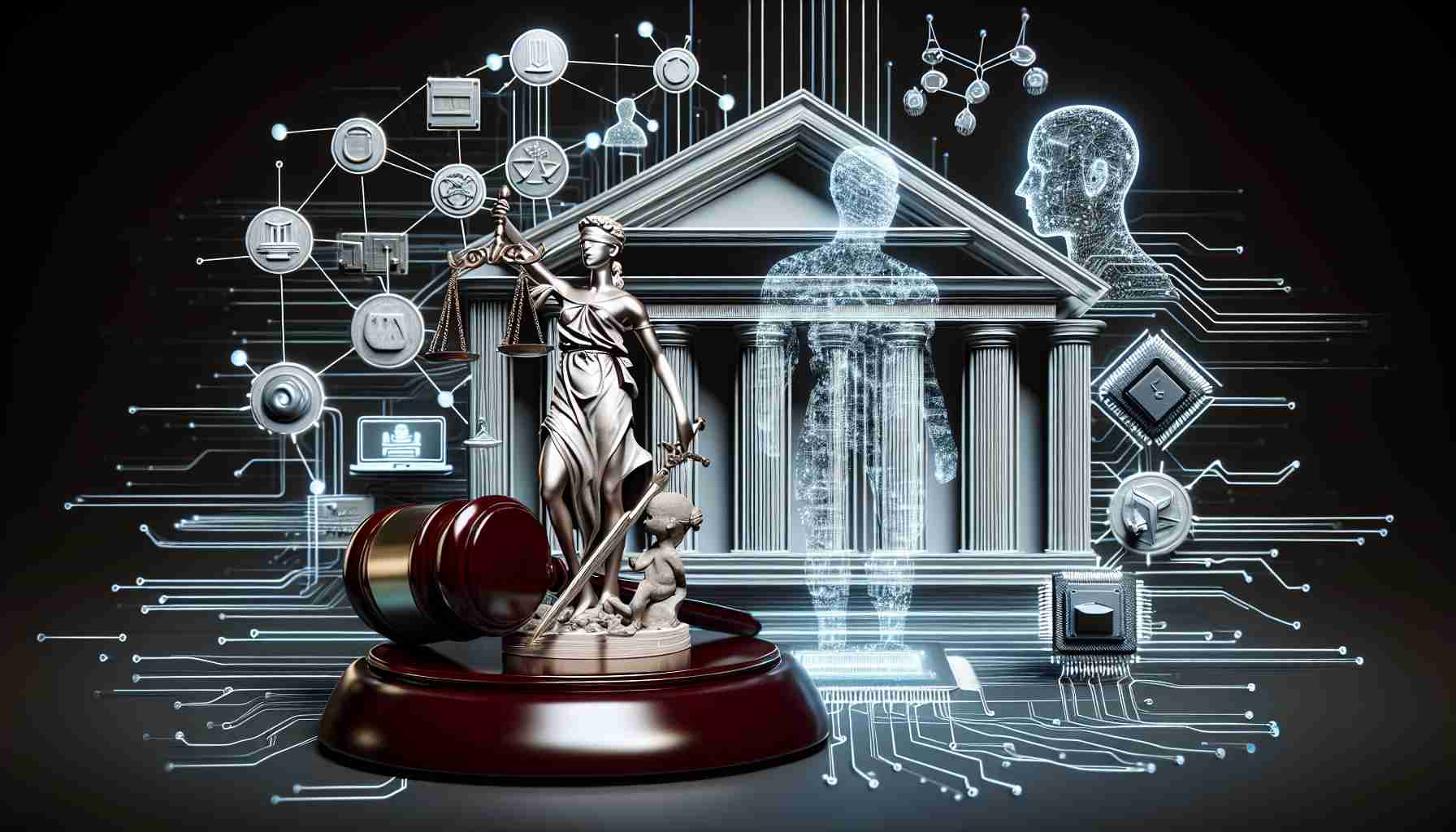Artificial intelligence (AI) is fast becoming an integral part of our lives, revolutionizing various industries and promising to improve efficiency and productivity. However, as with any groundbreaking technology, AI also presents risks and challenges. The United States Department of Justice (DOJ) has recognized this and is stepping up its focus on AI, specifically in the context of white-collar crime.
Deputy Attorney General Lisa Monaco recently delivered a keynote address at the American Bar Association’s 39th National Institute on White-Collar Crime, where she emphasized the potential dangers of AI if misused for illegal activities. Monaco warned that individuals and companies who misuse AI for crimes such as price fixing, fraud, or market manipulation will face harsher sentences.
“The ultimate disruptive technology—artificial intelligence—looms larger than ever,” said Monaco. “All new technologies are a double-edged sword—but AI may be the sharpest blade yet. It holds great promise to improve our lives, but great peril when criminals use it to supercharge their illegal activities, including corporate crime.”
The DOJ is committed to monitoring the use of AI more closely and is prepared to utilize its tools in new ways to address potential risks. Monaco emphasized that fraudulent activities, price fixing, and market manipulation facilitated by AI are still illegal, and offenders will be prosecuted accordingly.
In her speech, Monaco drew a parallel between the misuse of dangerous weapons in violent crimes and the use of AI in white-collar crimes. This underscores the seriousness with which the DOJ regards the potential threats posed by this rapidly developing technology.
Furthermore, the Deputy Attorney General emphasized the implementation of tougher sentences for those who abuse technology for financial gain and criminal activities. The DOJ will seek stiffer penalties for both individual and corporate defendants who deliberately misuse AI to perpetrate white-collar crimes.
The recent charges against a former Google software engineer accused of stealing trade secrets about AI to benefit Chinese companies further highlight the DOJ’s commitment to combat AI-related crimes.
Monaco also directed compliance officers to consider the risks associated with disruptive technologies, including AI, when evaluating corporate compliance programs. Prosecutors will increasingly assess a company’s ability to manage AI-related risks as part of their overall compliance efforts.
The DOJ has been actively addressing AI-related issues for some time. Monaco recently announced the “Justice AI” initiative, which seeks input from industry stakeholders, academia, law enforcement, and civil society to address the impacts of AI. The initiative aims to inform the DOJ’s AI policy, including considerations related to corporate compliance.
As AI continues to advance, it is crucial to ensure its responsible and lawful implementation. Integrating an enterprise blockchain system that guarantees data quality, ownership, security, and immutability can help regulate AI’s functions effectively. Enterprise blockchain serves as the backbone for AI, ensuring that data remains safe and reliable while supporting its integration into various sectors.
For those interested in learning more about blockchain and its potential impact on AI, CoinGeek’s Blockchain for Beginners section offers a comprehensive resource guide.
FAQ:
1. What is the United States Department of Justice (DOJ)?
The DOJ is a federal executive department responsible for enforcing federal laws, representing the U.S. government in legal matters, and ensuring public safety.
2. What is AI?
Artificial intelligence (AI) refers to the development of computer systems that can perform tasks or make decisions that normally require human intelligence.
Sources:
– CoinGeek: https://coingeek.com/
– United States Department of Justice: https://www.justice.gov/
FAQ:
1. What is the United States Department of Justice (DOJ)?
The DOJ is a federal executive department responsible for enforcing federal laws, representing the U.S. government in legal matters, and ensuring public safety. You can find more information about the DOJ on their website: justice.gov.
2. What is AI?
AI, or artificial intelligence, refers to the development of computer systems that can perform tasks or make decisions that normally require human intelligence.
Related Links:
– To learn more about blockchain and its potential impact on AI, you can visit CoinGeek’s Blockchain for Beginners section: coingeek.com.
– For more information about the United States Department of Justice, visit their official website: justice.gov.
The source of the article is from the blog bitperfect.pe

